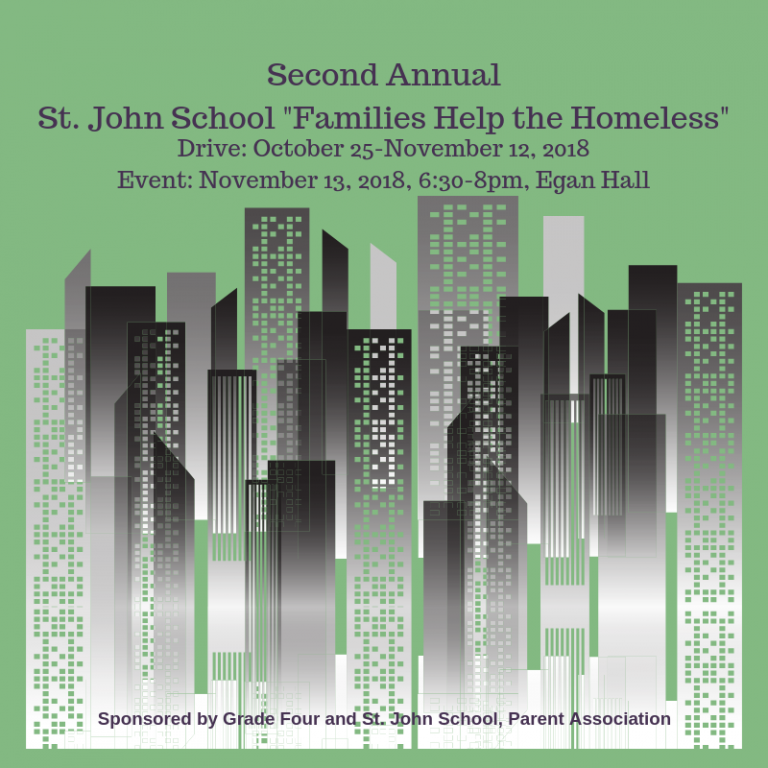Vuvuzelas Make the Cut!
 If you’ve been following the World Cup you might be aware of an incessant droning in the background; those are the Vuvuzelas of South Africa. This stadium horn, which can reach up to a meter long, is a ubiquitous element at soccer games around the world and is also known as a “Corneta” in Latin America. Many fans, players, and announcers do not favor these plastic atrocities, but personally, I don’t think the game would be the same without them. Read below for the most recent update on their proposed ban…
If you’ve been following the World Cup you might be aware of an incessant droning in the background; those are the Vuvuzelas of South Africa. This stadium horn, which can reach up to a meter long, is a ubiquitous element at soccer games around the world and is also known as a “Corneta” in Latin America. Many fans, players, and announcers do not favor these plastic atrocities, but personally, I don’t think the game would be the same without them. Read below for the most recent update on their proposed ban…
Johannesburg
The loud trumpets called vuvuzelas will continue to be allowed for the time being at the World Cup, despite complaints from some international broadcasters, players and fans, the tournament’s organizing committee said Monday.
On Sunday, Danny Jordaan, the chief World Cup organizer, told the British Broadcasting Corporation that use of the trumpets was “something we are evaluating on an ongoing basis.” He said he would consider banning the horns “if there are grounds to do so.”
Some broadcasters have been complaining since last June’s Confederations Cup here that the vuvuzelas are too disruptive to the international television feeds, subduing announcers’ voices and irritating viewers.
Patrice Evra, France’s captain, complained to Agence France-Presse that the horns played a role in his team’s lackluster 0-0 draw with Uruguay on Friday, saying, “We can’t hear one another on the pitch because of them.”
Evra also said that the horns were disrupting the French players’ sleep and awakening them as early as 6 a.m. at the team hotel.
Banning the trumpets, though, would undoubtedly unleash a fierce response from South Africans, who see the vuvuzelas as an indispensable part of their soccer culture. Sepp Blatter, the president of FIFA, soccer’s world governing body, has supported the trumpets, saying Europeans must adjust to African traditions.
In a statement on Monday, Rich Mkhondo, a spokesman for the World Cup organizing committee, reiterated that “the vuvuzela will continue to be allowed during the tournament and the status quo has not changed,” adding that complaints had been isolated.
The organizing committee will continue to evaluate the use of vuvuzelas, the statement said, and will not tolerate “any vuvuzelas landing on the field of play during matches or being used in a threatening manner at the stadiums, which has never before been the case.”
The organizing committee said that fans had heeded requests to refrain from blowing the vuvuzelas during national anthems and stadium announcements.
Jordaan told the BBC he would prefer singing and chanting instead of the vuvuzelas, saying that in the days of struggle against apartheid “we were singing all through our history.”
“It’s our ability to sing that inspired and drove the emotions,” Jordaan said.
Courtesy of the NY Times
- Professional Medical














Comments 0